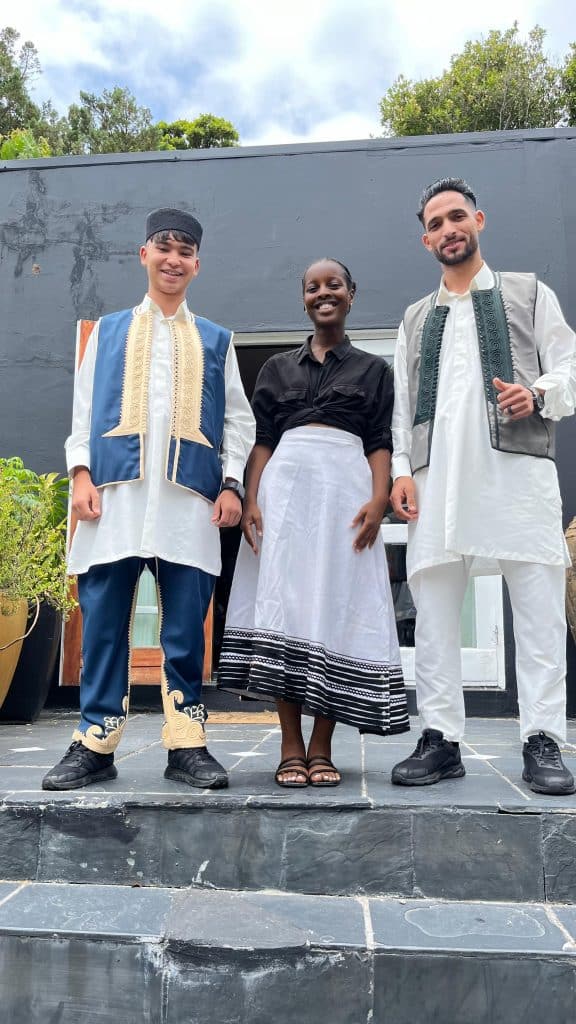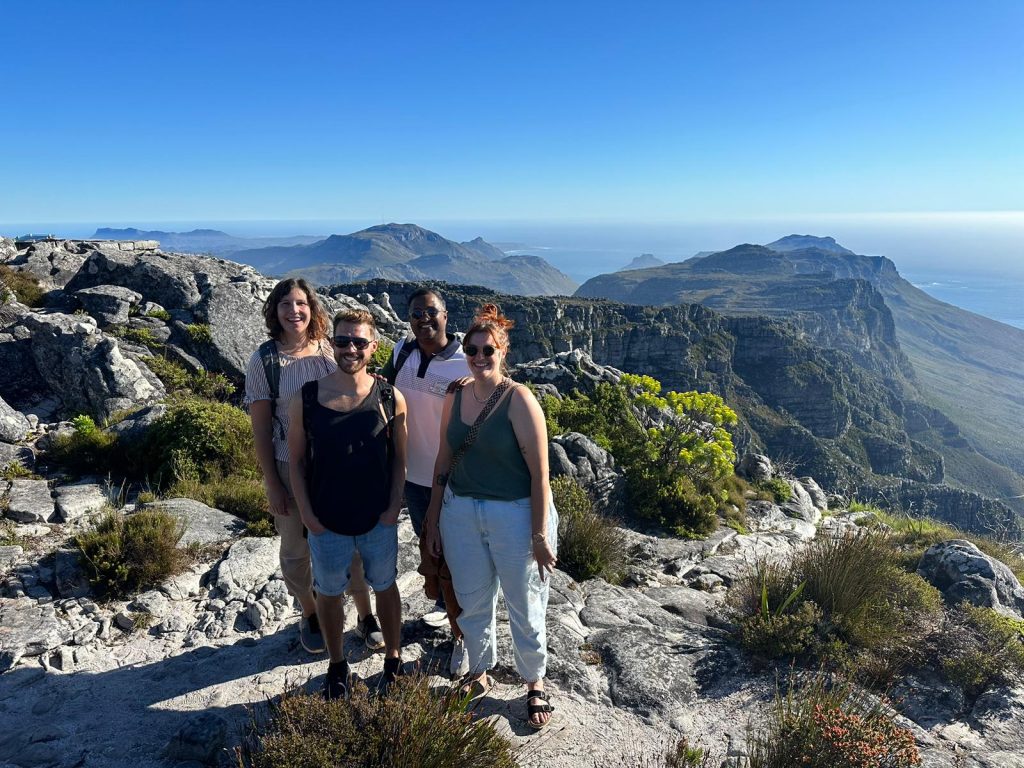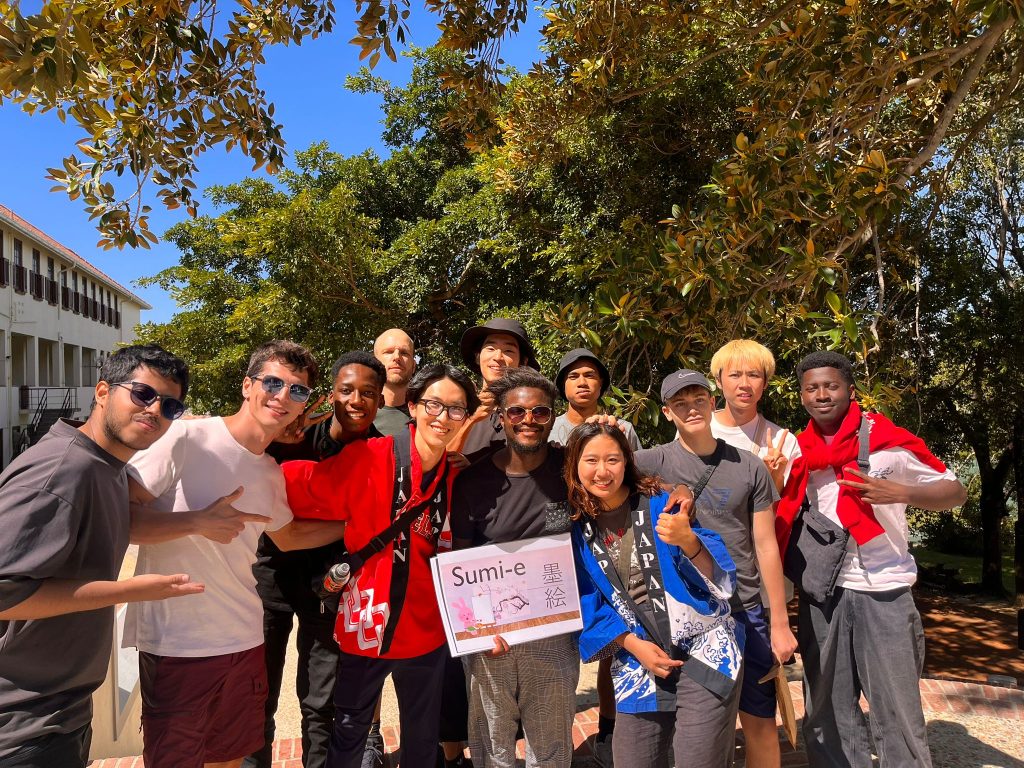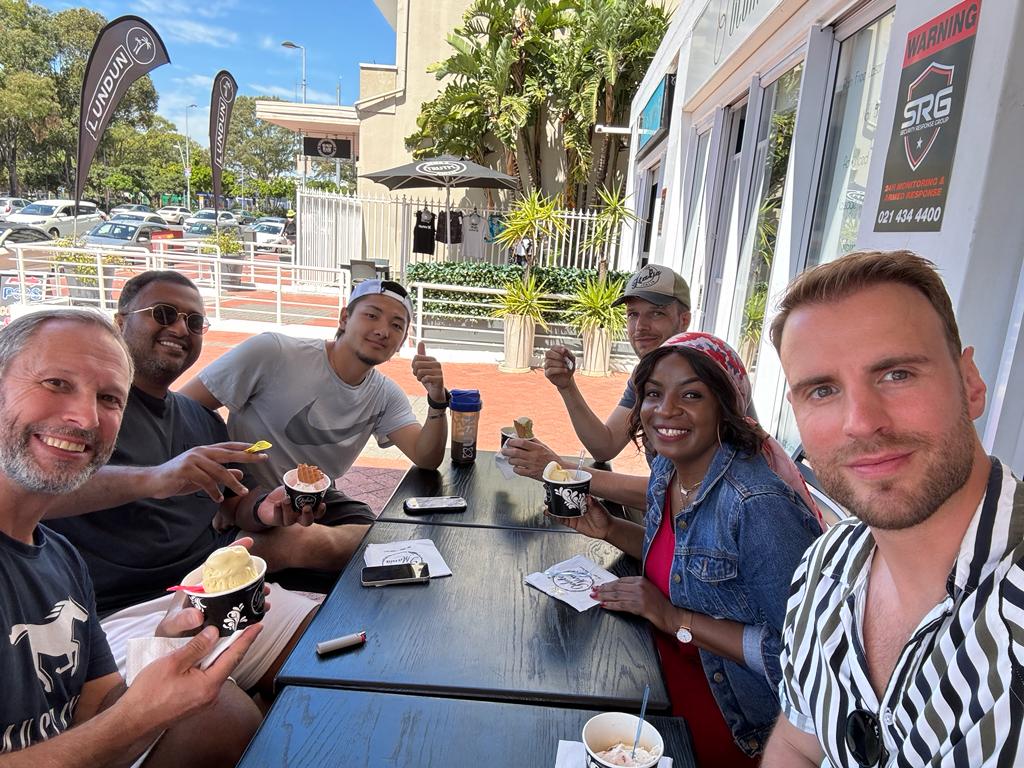The 21st of March is an auspicious day in South Africa as it commemorates Human Rights Day—a moment to reflect on our hard-won freedoms, honour those who fought for equality, and reaffirm our commitment to human dignity. For our students at Cape Studies, this day is not only an opportunity to learn about South African history but also a chance to engage with the broader global conversation on human rights. Nkosi sikelel iAfrika.
The Significance of Human Rights Day
This day commemorates one of the turning points in South Africa’s fight for freedom and equality. Human Rights Day as it stands marks the anniversary of the Sharpeville Massacre in 1960, when peaceful protesters demonstrating against apartheid’s pass laws were met with brutal violence. This ultimately lead to the abolition of apartheid, our democracy and the adoption of the Constitution—a document that enshrines the rights and freedoms of all who live in the country.
Today serves as a reminder of the importance of standing up for justice, equality, and respect for human dignity, not just in South Africa but worldwide. It’s a day to reflect on how far we’ve come and how much more we need to do to protect human rights everywhere.
Why It Matters for Our Students
While it may seem unimportant this important day is a partial contributor to why South Africa has a strong ESL industry. At Cape Studies, our students come from all over the world, each with their own cultural perspectives and experiences. Studying English in Cape Town provides a unique opportunity to not only develop language skills but also to immerse oneself in the country’s rich and complex history. Particularly in a country which has a long standing history of cultural relativity. What better place to feel at home while being away from home?
Understanding South Africa’s human rights journey helps students gain insight into social justice issues that are relevant globally. Whether it’s discussions on freedom of speech, equality, or access to education, Human Rights Day encourages critical thinking and meaningful conversations in our classrooms and beyond.
How to Engage with Human Rights Day in Cape Town
If you’re studying English in Cape Town, there are many ways to engage with this important day:
- Visit the District Six Museum: Learn about forced removals and the resilience of displaced communities. All museums are open for free on public holidays.
- Explore Robben Island: Discover the history of Nelson Mandela and other political prisoners who fought for freedom.
- Join local discussions and events: Many cultural organisations and universities host talks, film screenings, and panel discussions on human rights topics.
- Volunteer: Giving back to the community is one of the best ways to honour the spirit of Human Rights Day. Cape Studies regularly partners with organisations like Ladles of Love to support those in need.

Learning Beyond the Classroom
Language learning is more than just grammar and vocabulary—it’s about understanding the world through different perspectives. By engaging with South Africa’s history and the ongoing pursuit of human rights, our students develop not only their English skills but also a deeper appreciation for the values of justice and equality.
This Human Rights Day, take a moment to reflect, learn, and appreciate the freedoms we enjoy today. And if you’re in Cape Town, embrace the opportunity to be part of a country with a powerful story to tell, and if you’re not, there is always next year!



